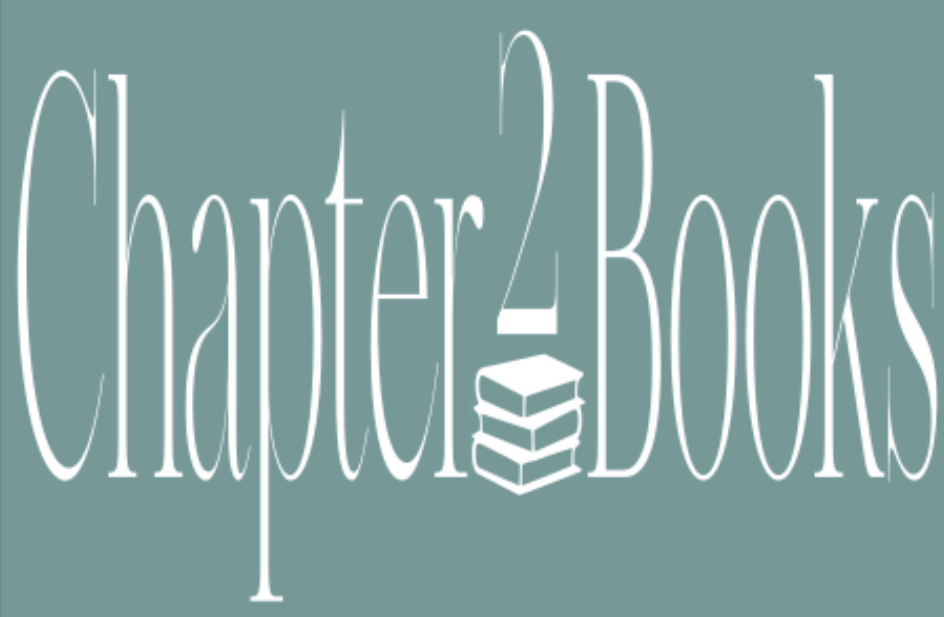
Awful Archives: Conspiracy Theory, Rhetoric, and Acts of Evidence
Description
How does evidence happen? And when evidence happens badly, how can we find a fitting response to those making extraordinary claims? These are the questions driving Jenny Rice’s groundbreaking study into the life of evidence as she seeks to uncover why traditional modes of argument often fail in the face of claims that rely on bad evidence. The chapters make a deep dive into the nature and character of evidence itself by examining literal archives, though some quite unorthodox, as well as more popular archives that exist within public memory. Rice looks to examples that lie at the fringes of public discourse—pseudo-science, the paranormal, conspiracy theories about 9/11, the moon landing, UFO sightings, and Obama’s birth record. Such fringe examples, Rice argues, bring to light other questions about evidence that force us to reassess and move beyond traditional forms of ethics and debate.
After sketching a broader framework for understanding what evidence is, Awful Archives then asks how we can practice more ethical and productive forms of debate, especially when we’re faced with arguments that feel like a dead end. Thorough, engaging, and deeply insightful, Awful Archives: Conspiracy Theory, Rhetoric, and Acts of Evidence introduces an entirely new perspective on evidence—one that will impact the field for years to come.
Praise for Awful Archives: Conspiracy Theory, Rhetoric, and Acts of Evidence
“Published during the tumultuous advent of COVID-19, and in the aftermath of the 2020 presidential election, Rice’s analysis of the far-fetched and out-there claims and conspiracies is timely because it prompts us to question how we perceive and apply evidence, while encouraging us to be okay with the uncomfortableness of moving beyond contemporary models of acceptable authentic evidence.” —Luana Shafer, Communication Design Quarterly
“The book is well-positioned to avoid duplicating familiar arguments; rather, it breaks new ground and in doing so, joins rhetoric and archival work in a way that we really need right now in our current political climate. Timely.” —Kelly Ritter
